How did you get PR engagements and what steps can eCommerce stores take to get positive exposure?
Josh: I do want to direct a question back to Lance and Malia just around PR. You guys have been a lightning rod for PR it seems. Having appearances on The Today Show and Kelly Ripa, maybe you could just peel back the curtain a little bit on that. How did you get those engagements and how would you recommend other people maybe trying to position themselves in the same way?
Malia: We send out a lot of product. We send out a lot of packages. A lot of it is just trying to figure out who our key target demographic is, and then we find celebrities that we think might be open to that. We send out tons of packages to their stylists...Just anything that we can do to get the product out there. And we've lucked out.
Lance: The Kelly Ripa thing, it was really organic. We sent them a package a long time ago, possibly even a year ago, which is typical and nothing happens.
But unless you need reading glasses, unless you get it, unless you lose them constantly, you either get it or you don't. And Kelly Ripa gets it. She's in the same boat that we're in, where she understands the product, she loves the aesthetic of it, the stylish way it looks and the convenience of it.
It's fun. And that's a big part of the culture that we try to cultivate a little bit. But even when Kelly Ripa, her producer was making fun of her for having it and then they got into a little back and forth about, "You're going to need it one day too, young lady." And that's the truth. That was the organic moment that we never could have planned...
Josh: It's amazing. And sometimes it's more important to know who your customers aren't than it is to know who they are. It's good to say no, it's good to exclude when you're doing something like this.
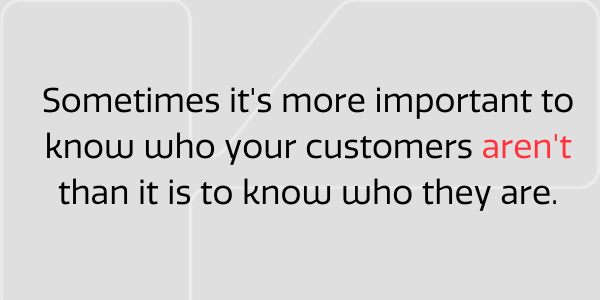
What are some of your reasons for hiring a growth marketing agency?
Josh: John, that might be a good segue for you. You are actually a pretty talented guy in terms of your stack, if you will, with your skills. You know SEO, you're a graphic designer, you know digital marketing.
So, what are some of the reasons why you went about saying, "No, I actually want to hire an agency to do this work?" I guess maybe walk us through some of the business strategy piece of why you would decide to maybe delegate this portion of your workflow.
John: I've worked with other agencies in the past as I've worked in design firms, in big and small companies. I've always seen the value of partnering with an agency and not simply seeing them as a means to outsource something you don't do or can't do or don't have the means or resources to do.
But knowing that there's a dedicated team that's solely focused on that, and you partnering with them just brings incredible value.
That's why that space, that industry, is so effective because companies see the value in that, and you guys are getting insight into specific ways that we can target customers more effectively as you give yourself to the work.
Josh: I think what I'm hearing you say there too is like, just because you can do something doesn't mean you should, and that means that you have to say no to something else. So, it sounds like there's things that you've identified in your business that you need to double down on in order to keep the business moving forward.
John: Yeah, absolutely...at a certain point, you have to learn how to delegate things to other team members and partnering with others so that you can scale effectively.
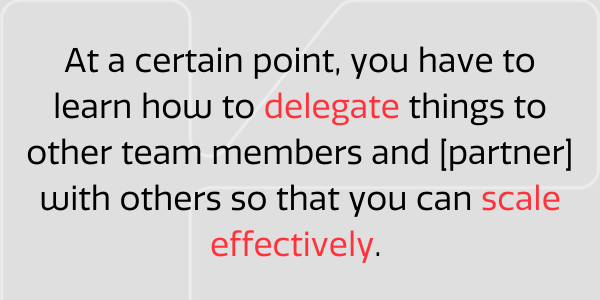
Scalability is always a huge thing, regardless of what stage you're at, either with your company or startup and identifying what those pain points are is crucial. So, we've identified all those milestones for us as a team and there's huge opportunities for growth for us, of course. But this was one avenue that we felt that was important.
How did bringing on a growth agency free up your time to do other things?
TJ Jones: I'm just curious, John, what are some of the activities since you've brought on an agency has allowed you to take a step back and do what you wouldn't have otherwise done? Like, what other activities are you picking up? We hear that a lot from founders, it's like, "Hey, you guys can handle this, which allows me to go and do R&D or product development and things like that." What are you up to these days?
John: Yeah. I'm still wearing many hats, which is great. I can oscillate between being creative and incredibly analytical and tactful and making sure every decision is informed by data.
So, just having that aspect and component of our marketing strategy offloaded for me personally, has freed me up to think more creatively about the execution of those ideas outside of how things are performing in terms of what the data's saying. For me, it's just giving me more creative bandwidth to do what I'm good at.
Josh: Lance and Malia over to you, you guys are not just partners in the business, but you're also partners in life. I'm wondering if you could tell us a little bit about how you go about maybe divvying up the work and maybe what advice do you have for other couples who are in the same place and they're running something together. What advice would you have for them as they're taking this on?
Lance: Whatever she says goes.
Malia: It's like figuring out what you're good at. There are certain things, I'm very creative, I'm just mostly right-brained. And so, the other techie staff, those kinds of things, it's difficult for me. I call him the VP in charge of everything.
Lance: I'm not as techie or skilled as John is, for example. But I come from a video background, so I have that analytical brain a little bit and I do that. But we like being around each other. We love each other. We've been married for a long time that we enjoy each other's company. That works for us.
I have a lot of friends who need a little downtime from their spouse and we get it, we get that downtime, but we just enjoy being around each other. And it's challenging to grow the business.
And John hit on it as well, you want to delegate out, too...at a certain point, you try to figure some stuff out. But eventually, you need to give it to people who really know what they're doing so you don't have to worry about it anymore. I tried to do some Facebook ads. It was horrific. It was awful. I even copied exact ads that other people had done.
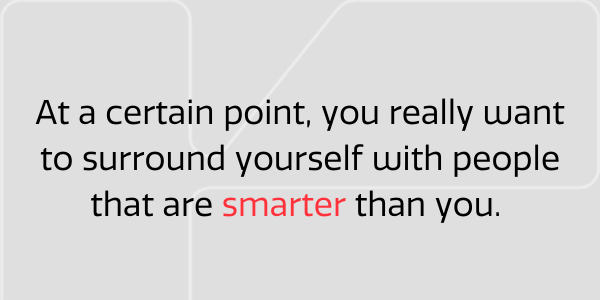
At a certain point, you really want to surround yourself with people that are smarter than you. You know what I mean? That whole saying. And like you said, trusting in you guys frees us up, frees up Malia to come up with some more designs.
How do you see video as an asset for your marketing efforts?
Josh: That's awesome to hear. And then Lance, you did mention about the video, I think that's probably a good point for us to speak about video, like the power of video marketing right now. How do you see video playing into the marketing that you're doing, or just anybody who has an online business? How do you see video fitting into that as an asset that should be used?
Lance: Yeah, video has the power to make somebody feel an emotion. Photos are great, and they're very necessary, but coming from a video world, I put a lot of faith in being able to use a video as a vehicle to make somebody feel something. To feel sadness, to laugh, to be thoughtful about it. As I talked about before, we had a little bit of a tough time explaining to people what our product is, it's both beautiful and functional.
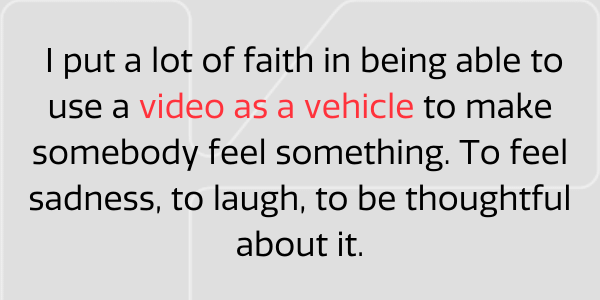
And we found that a photograph couldn't do it. You either have a shot of somebody using it. You have a shot of it sitting on them so you can see the beauty. And really, the video allows you to capture all aspects of what our product is.
What are some of the ways that you continue learning as a founder?
Josh: John, let's go over to you.
I'm curious to hear what are some of the ways that you continue learning? Maybe what are some of the resources that you'll consult? What are some of the ways that you learn from mistakes? But just this theme of learning, how do you continue to be this lifelong learner to be better at what you do?
John: Yeah. I'm reading. A lot of reading, a lot of reading. I think experience is phenomenal as well. I think we can all attest to work in a company or starting a company, you learn a lot as you go. Especially as it scales...Obviously, with getting things started with what we have going on, learning from our mistakes and pressing ahead and moving forward.
But for me, it's just staying informed, just keeping a pulse in terms of what's happening in the eCommerce world, what new partnerships are going on within the eCommerce world and how that affects us in terms of our bottom line and what we're able to do so that we can serve our customers and our audience effectively.
Josh: That's a great answer. If you keep reading that much though, you're definitely going to need one of the Moderne Monocles.
John: Actually, yes.
Josh: Malia and Lance, what about you? What are some of the resources that you tap into or depend on, and what are some of the ways that you stay ahead with learning in your business?
Lance: To be honest, I'm playing a lot of catch up within the digital realm. So, I try to keep up, as John mentioned, with what Facebook is doing. Their changes and how they're not showing us what our ROAS is anymore, and all that sort of stuff.
And learning Amazon a little bit better. So, I'm trying to keep abreast of all the changes, which are almost impossible to, of all the technical stuff that happens within our business. And I think that allows Malia to free up with some of the trends that she's doing stylistically.
Malia: Yes, definitely. The fashion side of things is a lot more fun and easy. It's just like figuring out what's trending and trying to guess what will trend.
But the whole thing is constantly a learning process. When you're starting your own company, starting an eCommerce, we didn't even know what digital marketing was a couple of years ago when we first started. So, it's all a learning process. Every single day is just like, "Oh, we know we need to expand in this way."
And then we research, how can we expand that way? We talk to other makers and see, how did you do this? What's the best way that you can get wholesale accounts? It's all a learning process and it's great fun. I really enjoy what we do. It's just like, I feel very blessed that we're on this journey.
What's one word of encouragement that you would give to anybody who's at an early stage with their business?
Josh: If you could both just imagine yourself speaking to somebody who is in your shoes, but earlier. They've built their store. They get their product in mind, they're about to launch, what's one word of encouragement that you could give to that early stage founder.
I think a lot of people feel lonely in this. Even though there's a lot of communities online, there's that sense of loneliness and maybe fear. So, what's one word of encouragement that you would give to anybody who's at an early stage with their business.
Malia: I just think that if you're doing something that you're passionate about and you love, then just try to let go of the fear. You're going to be able to find the answers, just keep pushing ahead, do what you can each day until you can't anymore. And just have faith that this will unfold in the right time.
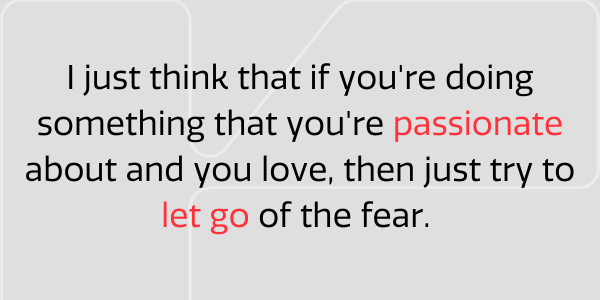
But I think in the beginning stages, it can be quite overwhelming. But the information is out there. So, ask other people. Try to reach out to other people that have been there before. Research online. It's all doable. It's all totally doable. So, just have faith and just have faith in what you're passionate about.
Josh: John, why don't you wrap this up. What's your one word of encouragement?
John: I think it's knowing your why; why am I doing this? If you feel called to pursue the thing that you feel called to pursue, then go 100% at it. I think that's really, really crucial because there's going to be highs and lows as you're building your company, your institution and not everyone has the opportunity to get VC from the jump.
So, if you're not in that position, just knowing your why, that's so crucial. And along with that, I think it was alluded to before here as well, that just doing research and knowing that those first couple of years is difficult and you may not be able to pay yourself and just being prepared for that financially, and just even researching your specific industry, your specific vertical, your specific market so you're making informed decisions along the way.
And you have an exit plan or you hunker down and you push forward.
Josh: It's amazing. I want to thank each of you for being here, Lance and Malia from Moderne Monocle, John from Native Supply, you guys had so much wisdom to share with us.
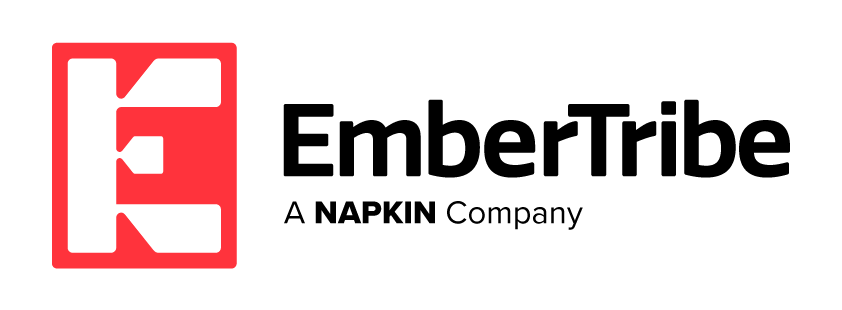

-AK-148968-preview.png?width=842&height=310&name=1.01-1x1px-Embertribe-(Client-Services)-AK-148968-preview.png)








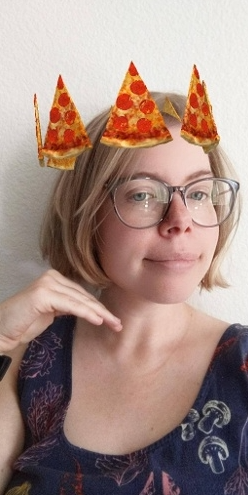

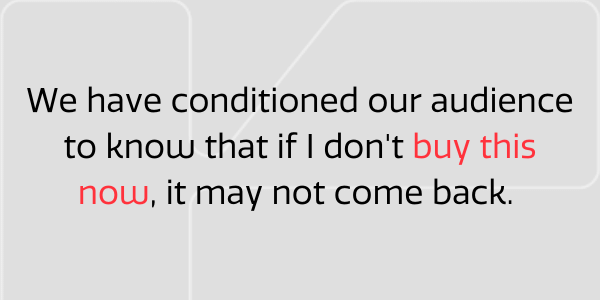







.png?width=810&height=810&name=TJ%20Jones%20-%20%20CoFounder%20EmberTribe%20(1).png)
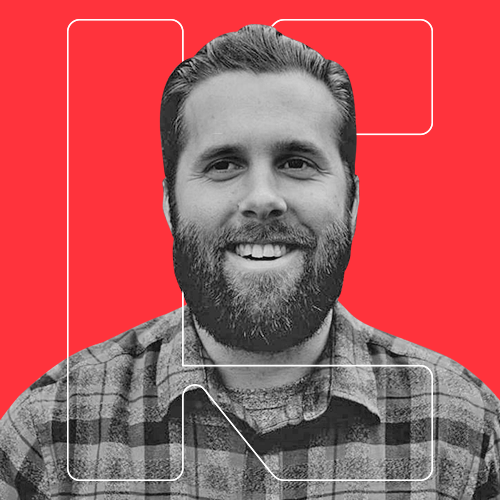
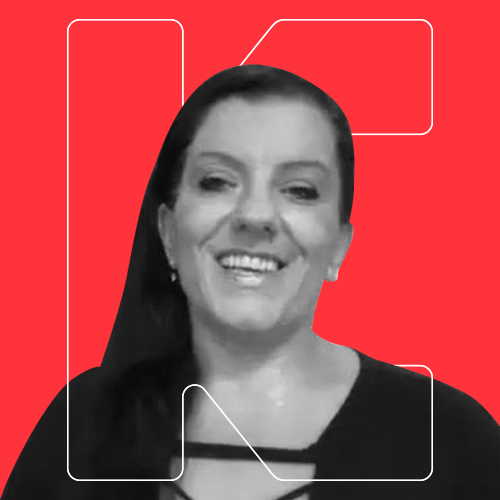
%20-%20500x500%20-%20SP%20-%2045.01.png)
%20-%20500x500%20-%20SP%20-%2049.01.png)
%20-%20500x500%20-%20SP%20-%2057.01.png)

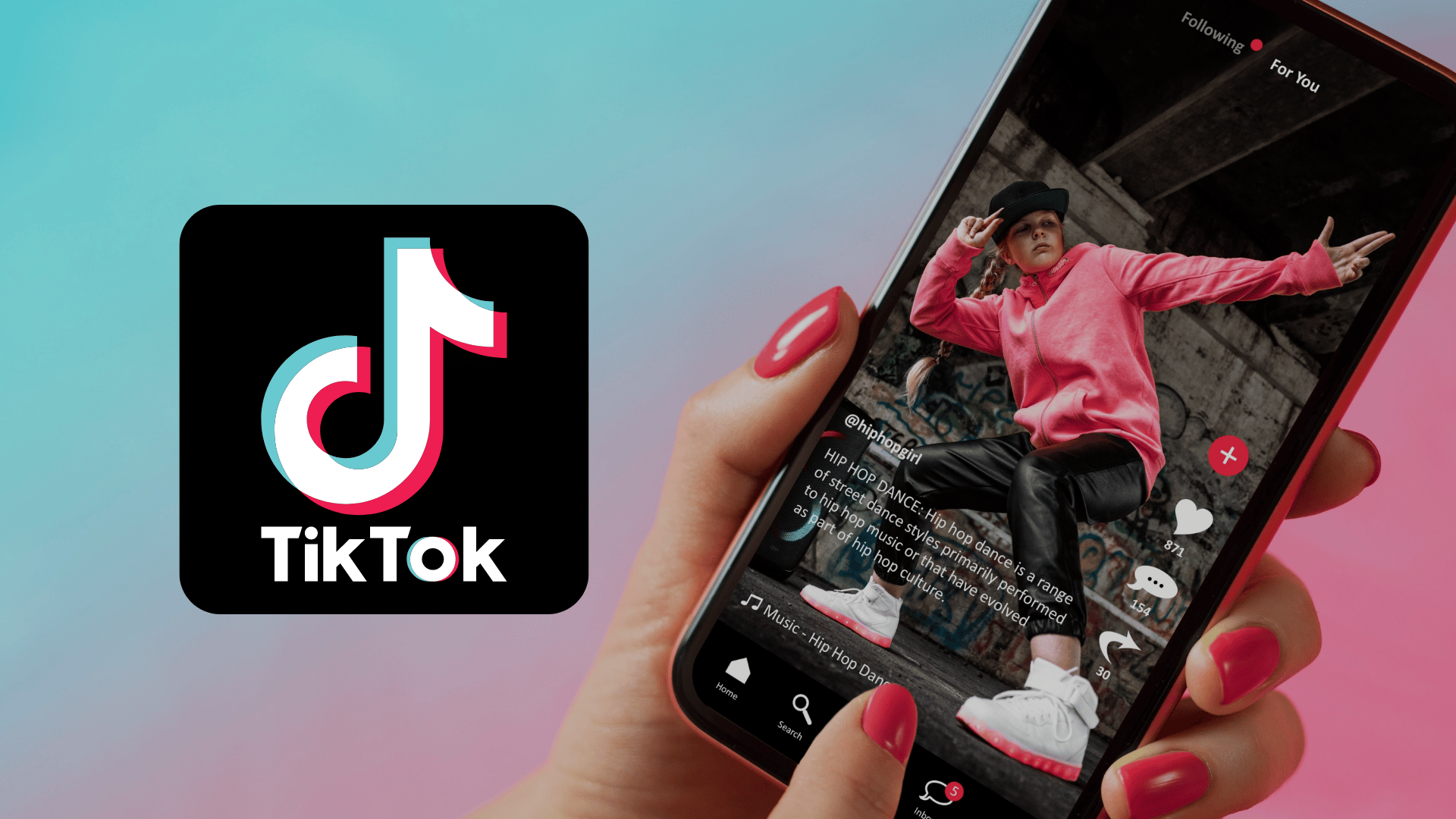
.png)